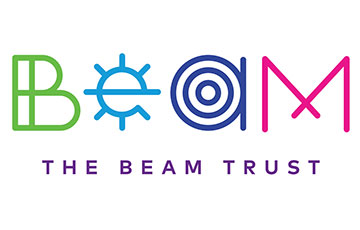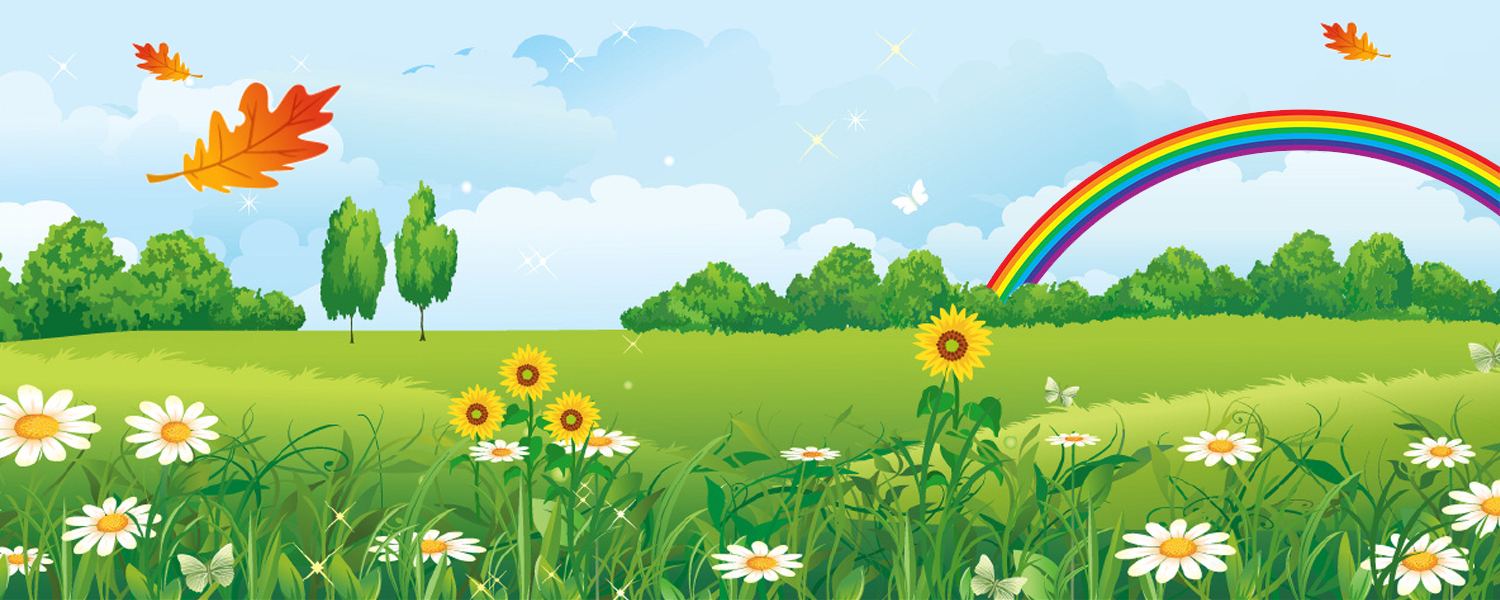Cultural Capital
Cultural capital is the accumulation of knowledge, behaviours, and skills that a child can draw upon and which demonstrates their cultural awareness, knowledge and competence; it is one of the key ingredients a pupil will draw upon to be successful in society, their career and the world of work.
Cultural capital helps children achieve goals and become successful. ‘It is the essential knowledge that pupils need to be educated citizens, introducing them to the best that has been thought and said and helping to engender an appreciation of human creativity and achievement.’ (Ofsted, Education Inspection Framework).
At Oughtrington Primary School, children benefit from a curriculum that builds on what they understand and know already. Cultural capital is developed across the whole curriculum through personal, social, physical, spiritual, moral and cultural development. Widening children’s experiences as they progress through school is an important step in providing rich and engaging learning across the curriculum. Some of these experiences include residentials, trips to the local canal, village centre, shops and visits to places of worship, museums, sports and music venues, just to name a few.
Personal Development:
At Oughtrington, we promote pupils' personal development by having:
-An ambitious, knowledge based curriculum which is focused on helping students to remember things in the long term
-Citizenship and PSHE provision through the PSHE curriculum
-A Citizenship Award to recognise children's contribution to the local and wider community
-The school’s wider pastoral support including assemblies, rewards and sanctions, attendance support and the school’s behavioural expectations
-Transition support as children move between years, into EYFS and beyond Key Stage 2
-Speaking, listening, writing and the development of oracy through lessons, trips and visits and other extra-curricular opportunities
-Mental health and wellbeing provision through the pastoral team
-RSE and PSHE curriculum and works with external agencies such as the school nurse
-Safeguarding procedures for all students in our care
Spiritual Development
Planned opportunities for spiritual development can be seen in all subjects across the school. Experiences commonly regarded as spiritual include:
-Curiosity and mystery
-Awe and wonder
-Connection and belonging
-Heightened self-awareness
-Prayer and worship
-Deep feelings of what is felt to be ultimately important
-A sense of well-being, worth and purposefulness
These can occur during any part of the school day, e.g. when listening to music, reflection time in assemblies, discussing how to care for animals, exercising empathy with characters during English lessons, contemplating the future, trips etc.
Moral Development
At Oughtrington, we promote pupils' moral development by:
-Providing a clear moral code as a basis or behaviour which is promoted consistently throughout all aspects of school life
-Involving pupils in writing their own classroom code of conduct at the start of each academic year
-Clear, consistent rewards and sanctions
-Promoting racial, religious and other forms of equality
-Giving pupils opportunities across the curriculum to explore and develop moral concepts and values, including key British values such as personal rights and responsibilities, justice, equality of opportunity for all
-Developing an open and safe learning environment in which pupils can express their views and practise moral decision making
-Recognising and respecting the codes and morals of different cultures
-Encouraging pupils to take responsibility for their actions by developing a respect for property and the environment etc.
-Whole school promotion of our school values
Social Development
At Oughtrington, we promote pupil’s social development by:
-Identifying key personal values on which school and community life are based, and developing these systematically through our school values/Curriculum Drivers
-Adults modelling positive social behaviour
-Forming strong, respectful relationships between staff, pupils and parents
-Encouraging pupils to work together cooperatively in a wide variety of situations
-Encouraging pupils to recognise and respect social similarities and differences
-Providing positive experiences to reinforce our values as a school community, e.g. assemblies, residential trips, school productions, after school clubs
-Providing opportunities for pupils to engage in the democratic process e.g. through electing class representatives
-Providing opportunities for pupils to participate in community life and charity work. This is also promoted through our half termly Citizenship Award
-Providing children with opportunities to exercise leadership and responsibility
-Fundraising events
-Pupil voice and School Council
-PSHE Curriculum
Physical Development
Physical development at Oughtrington is promoted through:
-The PE curriculum
-Healthy eating through food technology, Science curriculm, the school kitchen and catering providers
-Health Education through the PSHE curriculum
-Extra-curricular activities including sport and sporting competitions
-Sports Day and the celebration of sporting achievements
-The Bike-ability Scheme
-The promotion of walking and cycling to school
Cultural Development
At Oughtrington we promote pupils’ cultural development by:
-Extending pupils’ knowledge and use of cultural imagery and language
-Encouraging pupils to think about special events in their life and how they are celebrated
-Recognising and nurturing particular gifts and talents
-Providing opportunities for pupils to participate in literature, drama, music, art, crafts and other cultural events and encouraging them to reflect on their significance
-Reinforcing the school’s cultural links through displays, exhibitions etc.
-Providing opportunities for pupils to extend their cultural awareness, e.g. through theatre, museum and gallery visits
Roles and Responsibilities
Every member of staff at Oughtrington Primary School is responsible for helping to promote the personal, physical, spiritual, moral, social and cultural awareness of pupils. In our curriculum design and in the planning of lessons, teachers ensure that they provide a range of opportunities to foster children’s personal, physical, spiritual, moral, social and cultural growth. Many of these opportunities will be delivered through cross curricular activities, as well as through assemblies, PSHE, RE, class discussion times and promotion of our school values/Curriculum Drivers which is threaded through all aspects of school life.


